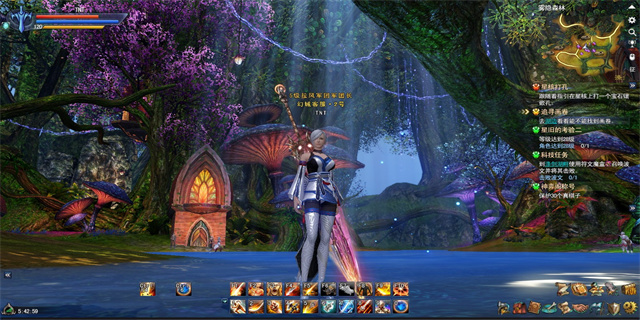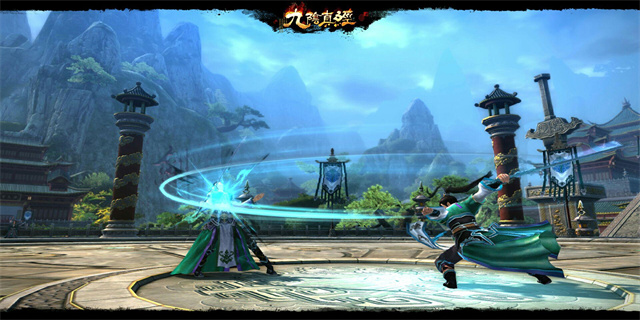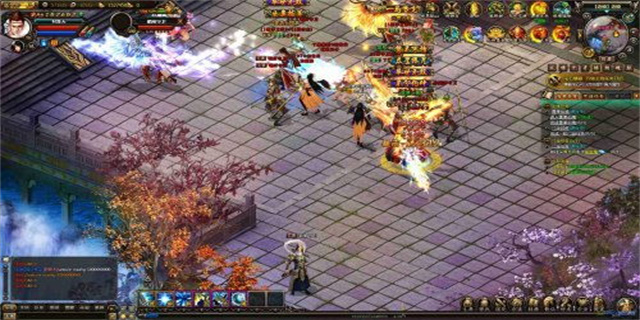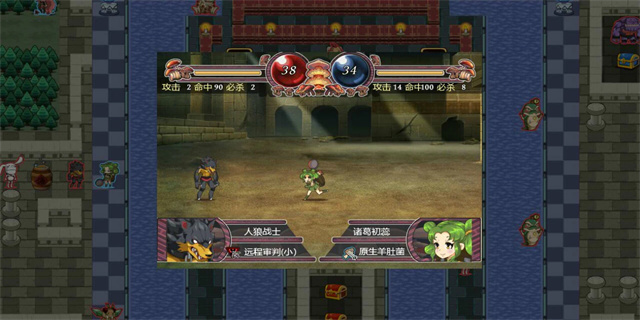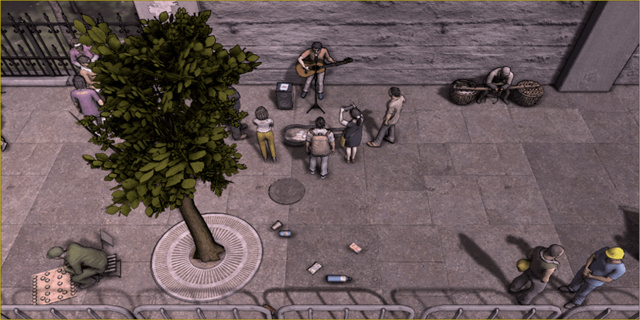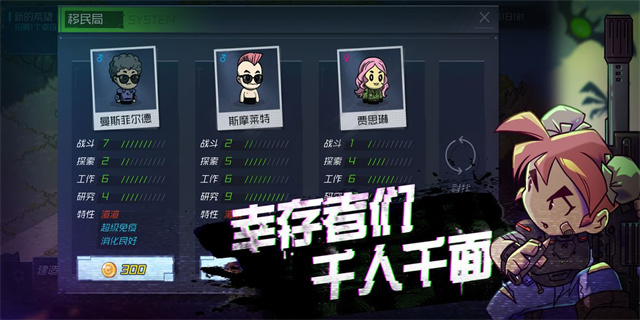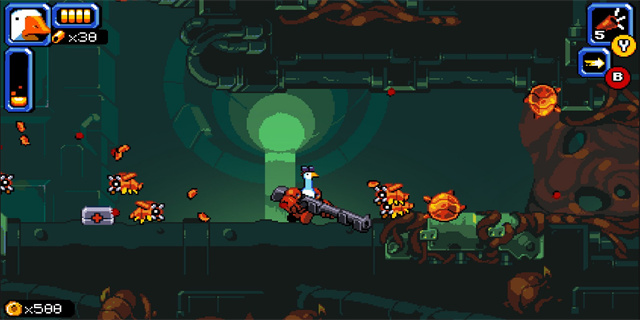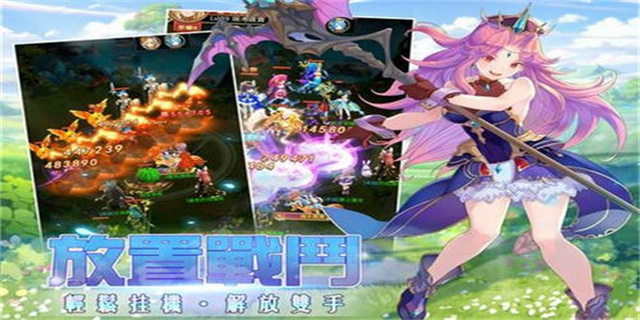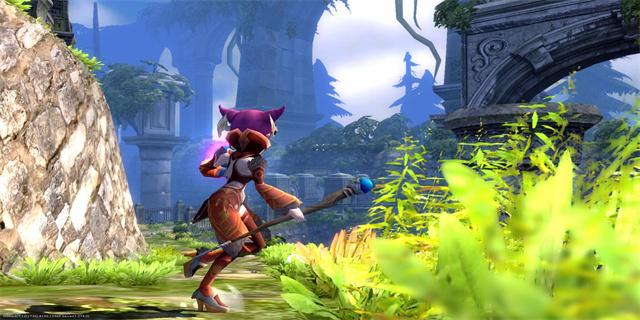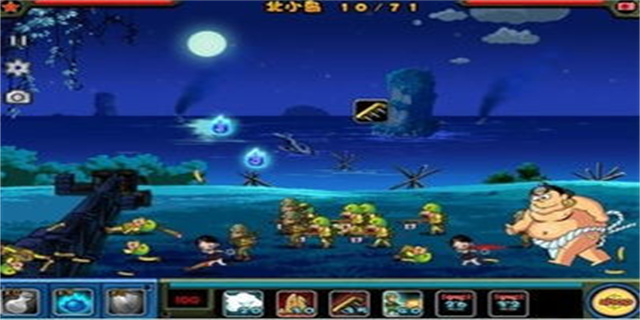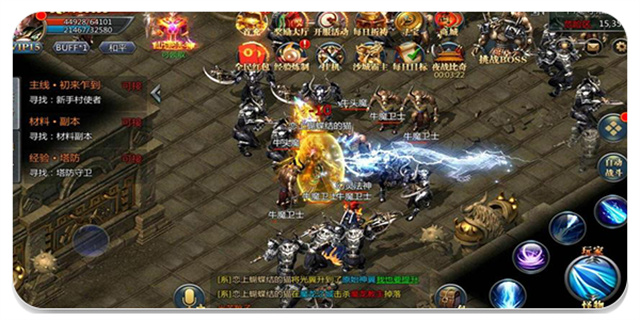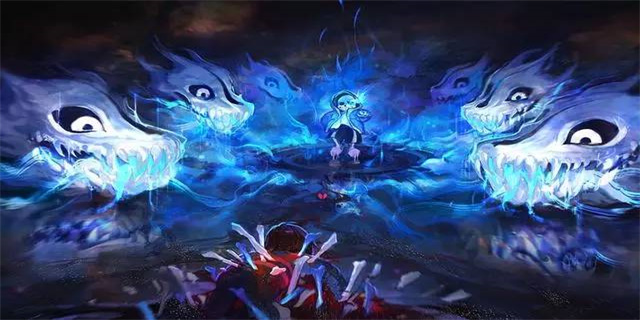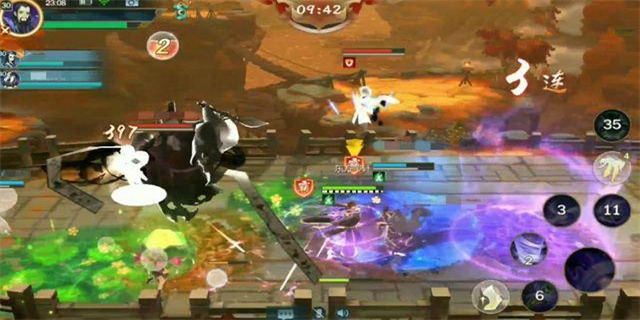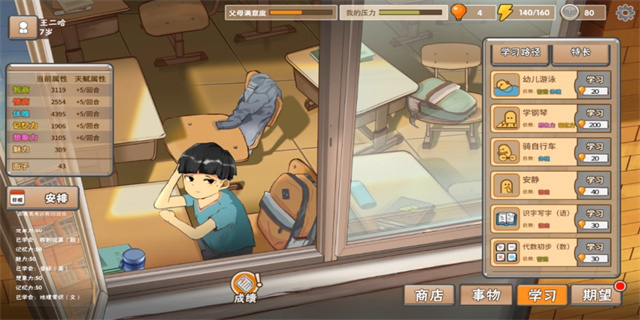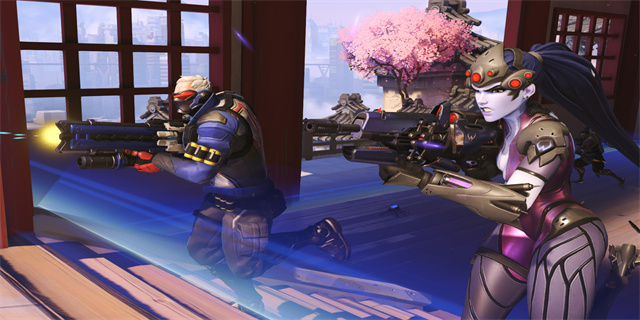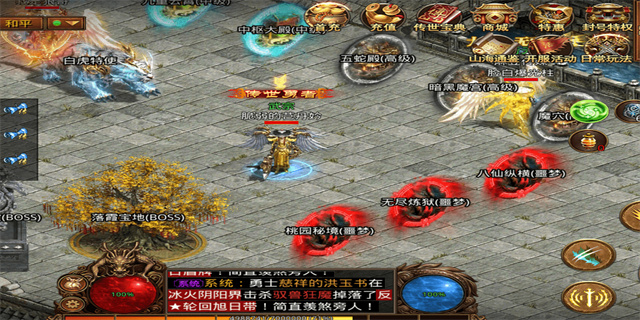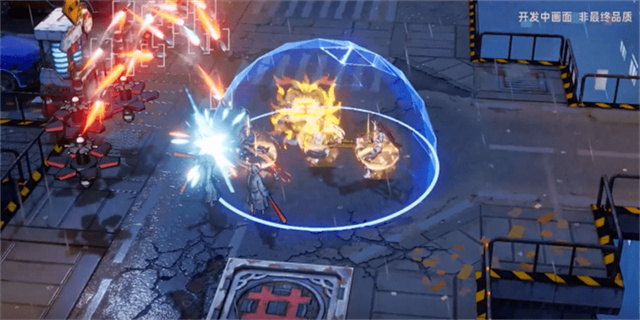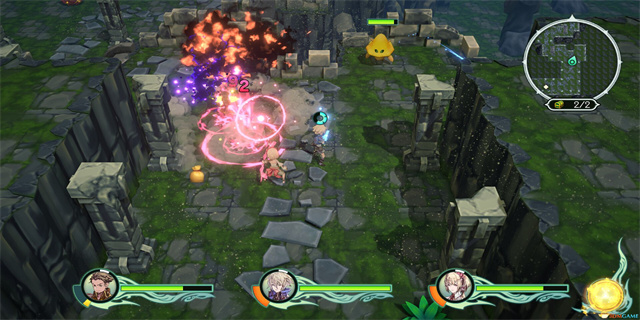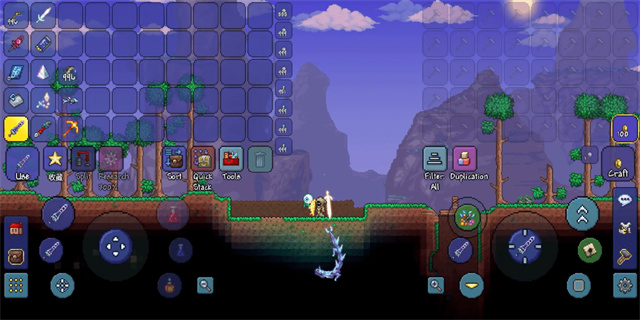LoL Season 7: Major Changes and Improvements
Introduction
League of Legends (LoL) season 7 has brought forth major changes and improvements to the popular online multiplayer game. This article delves into three significant updates that have reshaped the gameplay experience for millions of players worldwide. From the revamped jungle system to improved itemization and the introduction of a dynamic queue, let's explore these changes in detail.
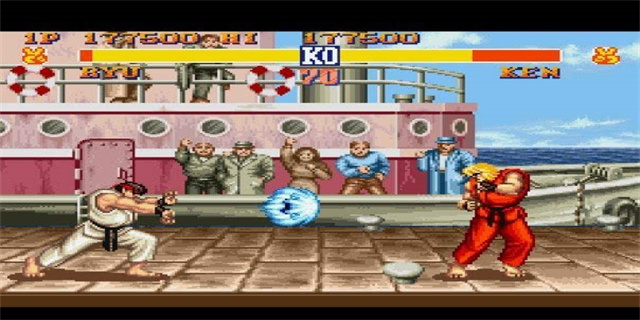
Revamped Jungle System
One of the most significant changes in season 7 was the revamping of the jungle system. Riot Games introduced several alterations to the jungle, aiming to balance the roles of jungle champions and make the gameplay more dynamic. First, they implemented a new jungle camp called the \"raptors,\" which provided a unique experience for players. Additionally, the respawn timers and gold values of key jungle monsters were adjusted, creating a more strategic component to the jungle gameplay. These changes influenced the selection of jungle champions, as some became more efficient at clearing the camps, while others excelled at counter-jungling or ganking.
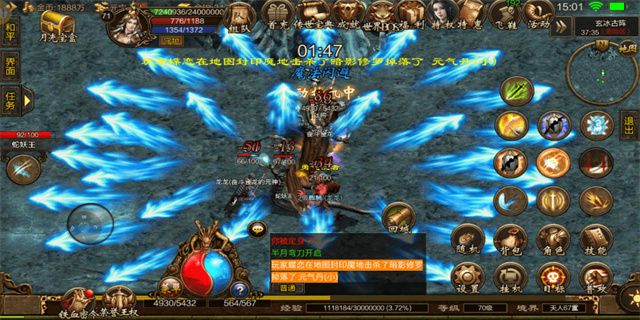
Improved Itemization
The introduction of season 7 brought significant changes to the itemization in League of Legends. Riot Games recognized the need for more diverse gameplay and decided to address this by adding new items, reworking existing ones, and introducing innovative item combinations. This allowed players to choose from a wider range of strategic options, adapt their item builds to the flow of the game, and better counter their opponents. Additionally, Riot Games paid particular attention to the support role by providing new support-specific items, enhancing the role's versatility and impact on the game. The improved itemization not only increased strategic depth but also made the game more enjoyable by enabling players to experiment with various builds and playstyles.
Introduction of Dynamic Queue
The introduction of the dynamic queue system was another major change in LoL season 7. This update transformed the way players formed teams, giving them the ability to queue up for ranked games with more than one or two players. The shift from solo or duo queue to dynamic queue was aimed at promoting teamwork, better communication, and collaboration among players. It encouraged friends to form teams and compete together while still allowing solo players to find suitable teammates. While this change initially faced criticism due to longer queue times and potential matchmaking imbalances, Riot Games made several adjustments to address these concerns. The dynamic queue system ultimately provided a more inclusive and social experience for LoL players.
Conclusion
Season 7 of League of Legends introduced several major changes and improvements to the game. The revamped jungle system, with the addition of the raptors and adjustments to respawn timers and gold values, created a more dynamic and strategic jungle gameplay experience. Improved itemization provided players with increased options and adaptability, making each match unique and challenging. Lastly, the introduction of the dynamic queue system transformed the way players formed teams, encouraging teamwork and collaboration.
These changes have revitalized the gameplay experience for millions of players, bringing excitement and renewed enthusiasm to League of Legends. With constant updates and improvements, Riot Games has shown its commitment to creating a dynamic and engaging gaming environment for its dedicated fanbase.

